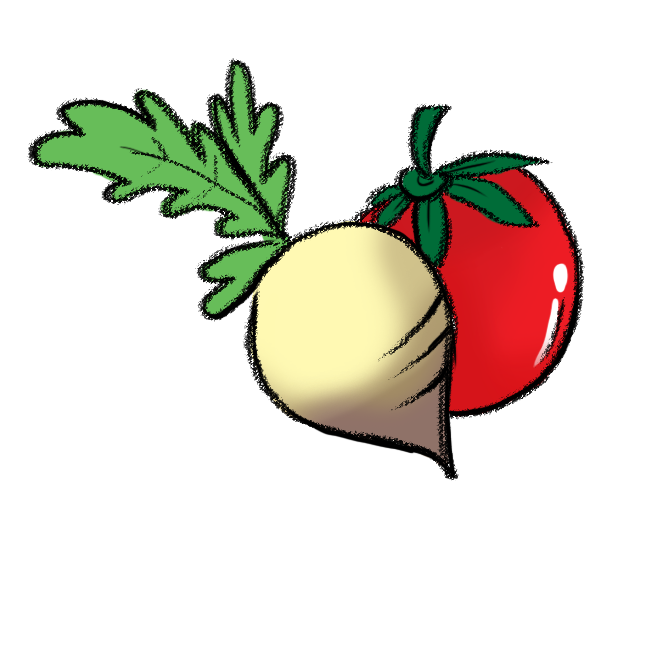Veganism is “the single biggest way to reduce your impact on planet Earth”

According to the Vegan Society, veganism is “a philosophy and way of living which seeks to exclude — as far as is possible and practicable — all forms of exploitation of, and cruelty to, animals for food, clothing or any other purpose.”
A five-year study at the University of Oxford set out to investigate the sustainability of meat and dairy production. One year into the study, lead author Joseph Poore went vegan. The study found that eliminating one’s meat and dairy consumption can reduce the food-related part of one’s carbon footprint by up to 73 per cent, as published in the Independent. Poore says “a vegan diet is probably the single biggest way to reduce your impact on planet Earth, not just greenhouse gases, but global acidification, eutrophication, land use, and water use.” If you’ve been looking for a way to take action against climate change, going vegan is a great start. It may seem daunting at first, but once you get into the habit of choosing vegan, it’ll be second nature.
Educating yourself is crucial to going vegan because it will give you the knowledge and conviction to stick to your decision. You’ll start to weigh what you truly value, be it morals, ethics, health, or environmental concerns, into your daily actions. For some starting points, I recommend documentaries such as Cowspiracy and Blackfish (both available on Netflix), as well as Vegucated and Dominion (both available on YouTube), and YouTube channels such as Earthling Ed and Cheap Lazy Vegan.
Once you’re motivated to make the change, you’ll need to figure out what to eat. Many things you probably already eat are vegan, like pasta, vegetable soups, or toast with peanut butter and jam. Some meals can easily be made vegan with alternative ingredients such as plant-based dairy substitutes. Going vegan is also an opportunity to try out new foods and recipes, such as tofu, tempeh, and nutritional yeast. If you have a meal plan or often eat on campus, check out Village Greens, located underneath Cadboro Commons, which offers a wide array of vegan foods such as poutine, burritos, curries, and daily specials. The Health Food Bar in the SUB, Biblio Café, and Mac’s Café also have vegan options.
Finding a supportive network of people is important, especially in the beginning. You may face judgment, loneliness or a general lack of understanding from your peers. Share your knowledge with friends and family and invite them to try vegan food. If you’re interested in activism, check out groups such as Anonymous for the Voiceless, which perform street demonstrations against animal cruelty worldwide. On Facebook, you can find local communities such as Vegans of Victoria and UVic Vegan Club. You may also want to check out challenge22.com which offers a guide through the first 22 days of being vegan with group support, personal mentoring, advice from registered dieticians, and other helpful resources.
Finally, remember that the purpose of veganism is not to be perfect but to live in alignment with values of compassion, justice, non-violence, and environmental sustainability. If you already believe in these values, then you’re half-way there.






